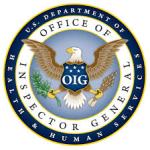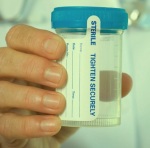 By: Jeff Cohen, Florida Board Certified Healthcare Lawyer
By: Jeff Cohen, Florida Board Certified Healthcare Lawyer
Followers of the addiction treatment industry should be on high alert after the arrest of Christopher Hutson of Whole Life Recovery. The arrest marks the first arrest of any industry provider utilizing the state Patient Brokering Act (PBA). Relying solely on the allegations, the arrest is based on a business relationship between the provider and sober homes. Discussion in the “case management agreement” referred to in the arrest affidavit circles around some key allegations that include or imply (1) payment for patient referral, and (2) services by sober homes paid for by Whole Life which were not actually performed.
Serious industry providers absolutely MUST be well educated by lawyers who have years’ experience dealing daily with issues that include the federal Anti-Kickback Statute (and safe harbors), the bona fide employee exception to the AKS, the PBA and how insurers and regulators (inside Florida and outside Florida) interpret and apply such laws. Any contract (like the sort of agreement referred to in the arrest warrant affidavit) that isn’t preceded by careful client education about the laws, the options and risks of each option is just reckless. Clients who are well educated will understand things like—Continue reading

 By: James Saling
By: James Saling Healthcare professionals and businesses are aware of the term “fee splitting,” but rarely understand what that means, and for good reason. Is there some federal law against that? No. Is there a state law? Yes, but definitions are elusive and confusing.
Healthcare professionals and businesses are aware of the term “fee splitting,” but rarely understand what that means, and for good reason. Is there some federal law against that? No. Is there a state law? Yes, but definitions are elusive and confusing.




 By:
By: 

